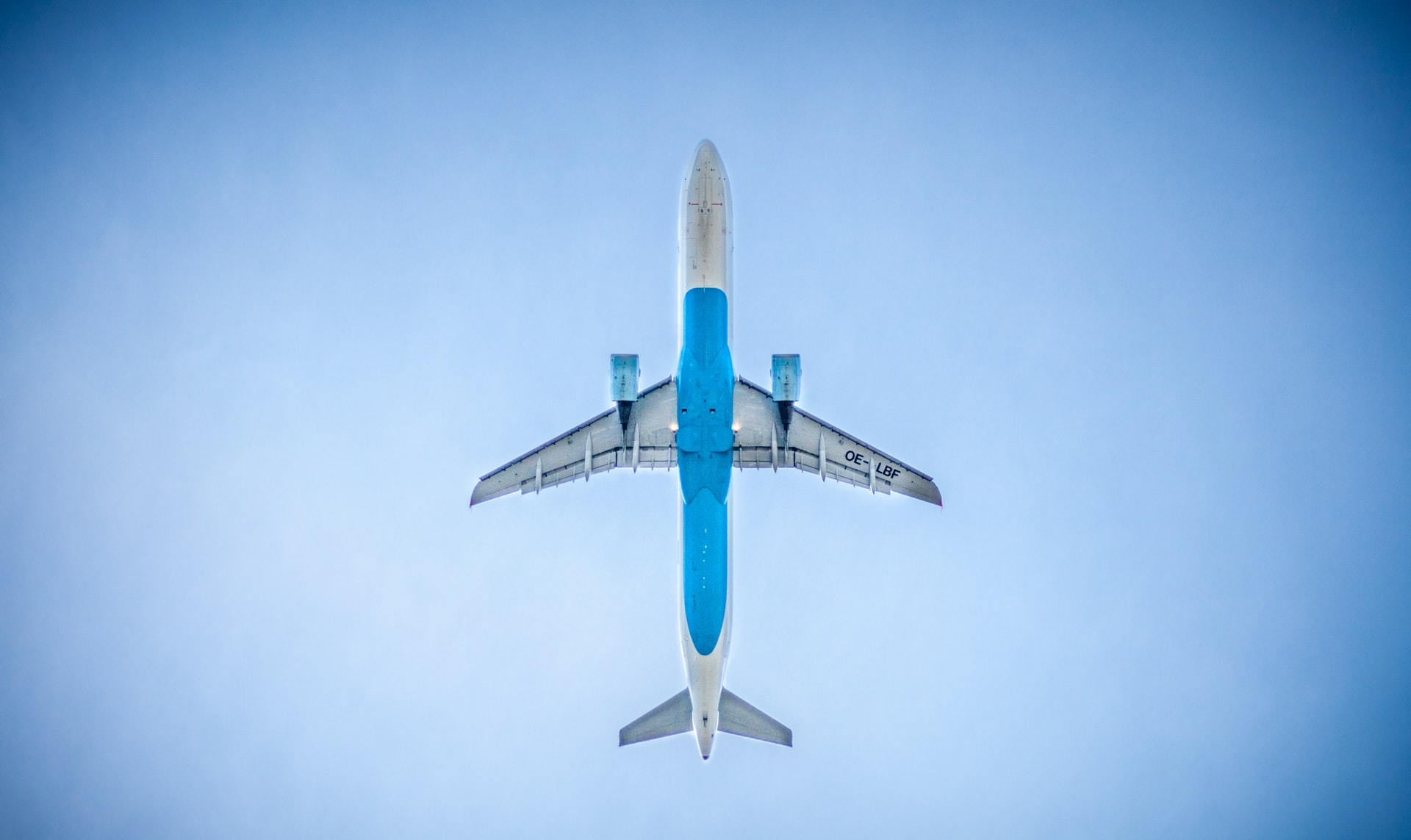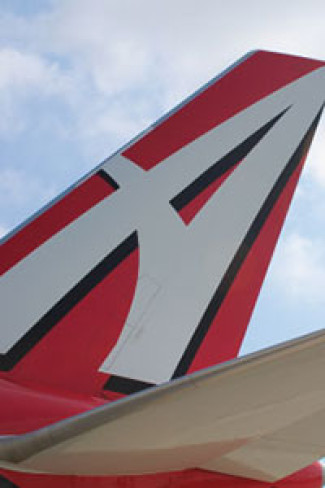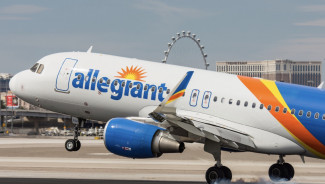Will Fuel Costs Accelerate the Push for Sustainable Aviation Fuel?

Photo by Deniz Altindas on Unsplash
Rising fuel costs are one of many everyday essentials that are squeezing the wallets of Americans in 2022. With inflation, international conflicts, and other factors, the price of fuel – including jet fuel – is on the rise.
Will this accelerate the push towards Sustainable Aviation Fuel (SAF) or cause a retreat to the cheaper conventional jet fuel?
The first problem to tackle when it comes to SAF is, of course, cost. According to Reuters, SAF can cost up to 8 times as much as regular fuel.
We know that curbing carbon emissions to tackle climate change is a large part of the Biden agenda. Aviation accounts for about 3% of the world’s carbon emissions, so this is a major industry that will increasingly be a focus of environmentalists, politicians around the globe, and green(er) energy activists.
Business Insider reports that existing jet fuel costs are already raising the costs of ticket prices. And this can go a couple ways for passengers. Consumers may see inflation across-the-board alongside rising ticket prices and become ever more price-conscious. They may scoff at the high cost to transition to using more SAF.
On the other hand, consumers may push harder for SAF, accelerating the ongoing efforts to lower the cost of SAF in order to be less dependent upon the costs of conventional fuel. But if conventional fuels are going to rise in price, this might shorten the distance between the two in price and cost.
The push for cheaper alternatives such as hydrogen or battery-powered electric engines may also accelerate, but it may be decades before we see these technologies available for commercial aviation.
Even with high prices, SAF remains in high-demand for airlines. SAF can reduce up to 80% of carbon emissions, so this will alleviate a lot of political pressure to curb the aviation industry’s effect on global climate change.
Airbus, for instance, has been rapidly increasing the use of SAF at their production facilities in North America, and they plan to use increasing amounts of sustainable fuel for test flights and acceptance flights over the next few years.
Whether this will become a demand for general consumers/passengers is a question we will have to see.
-

Piedmont Airlines 10/16/2024
-

ABX Air 10/11/2024
-

Allegiant Air 09/25/2024
-

Premier Private Jets 09/25/2024
-

Endeavor Air 09/25/2024
 AIRLINE PILOT CENTRAL
AIRLINE PILOT CENTRAL